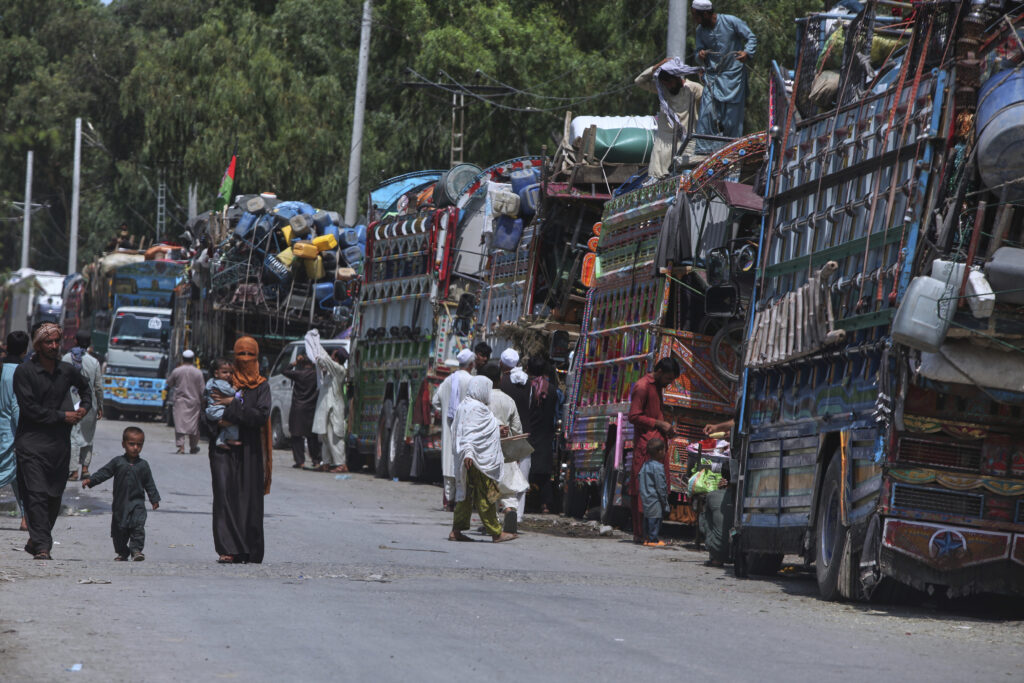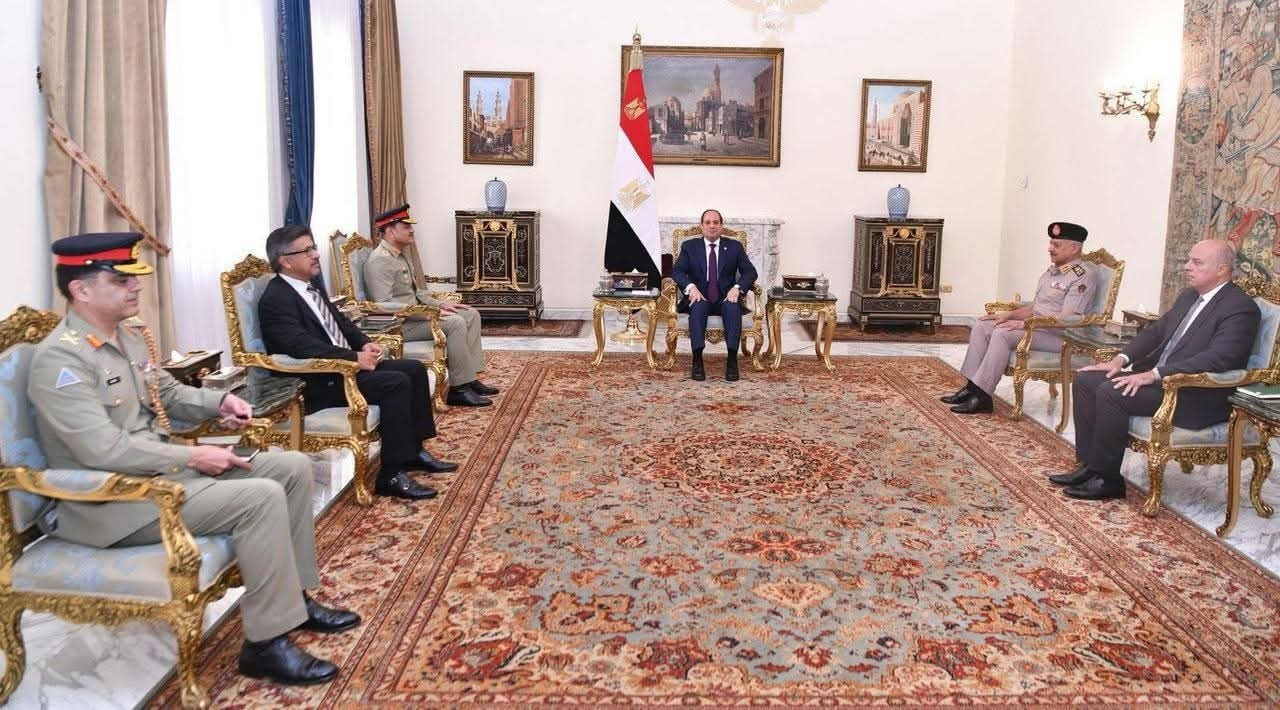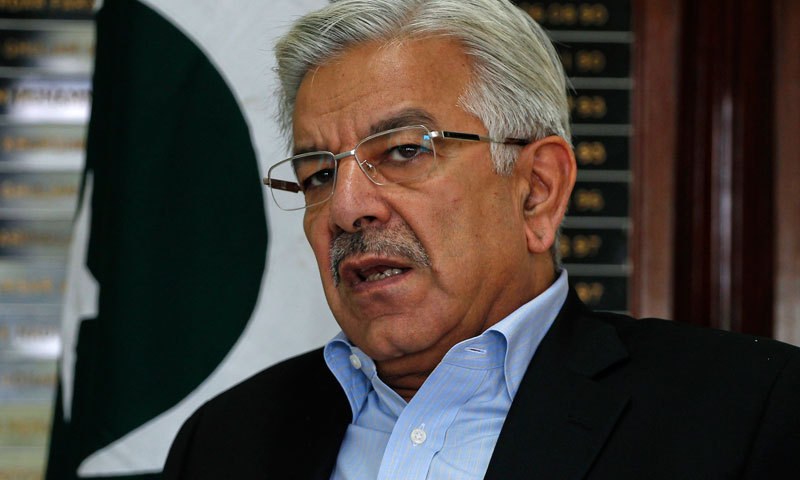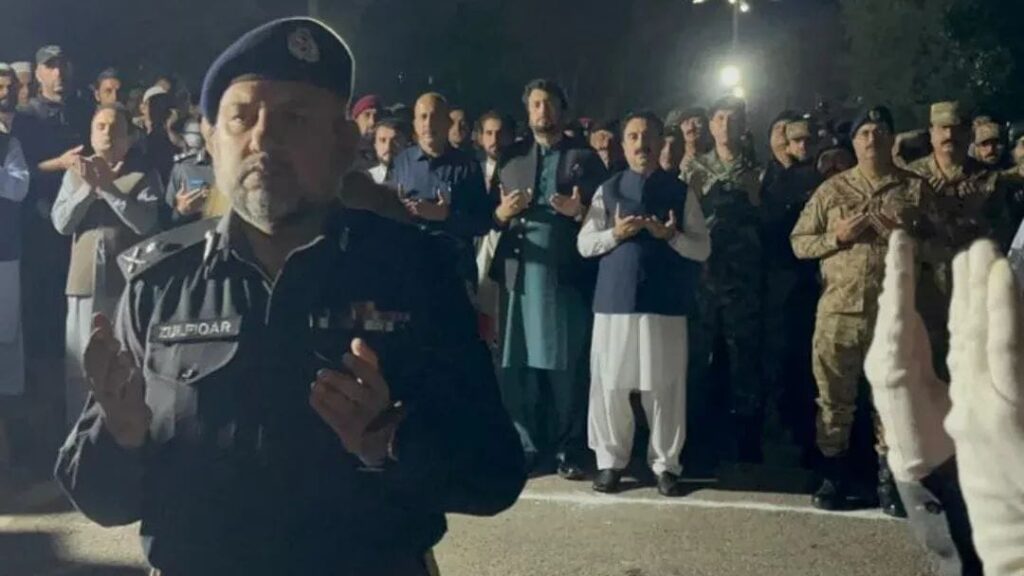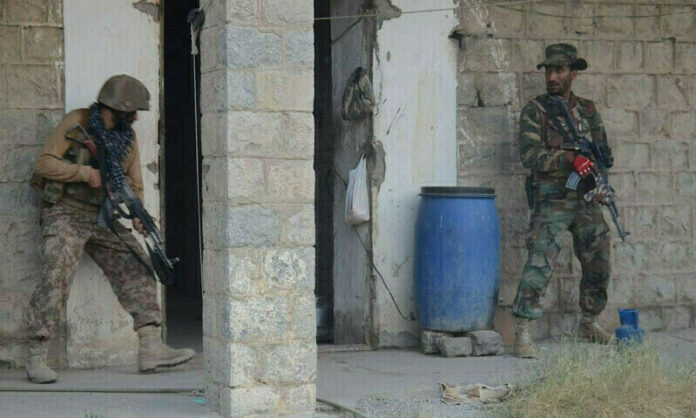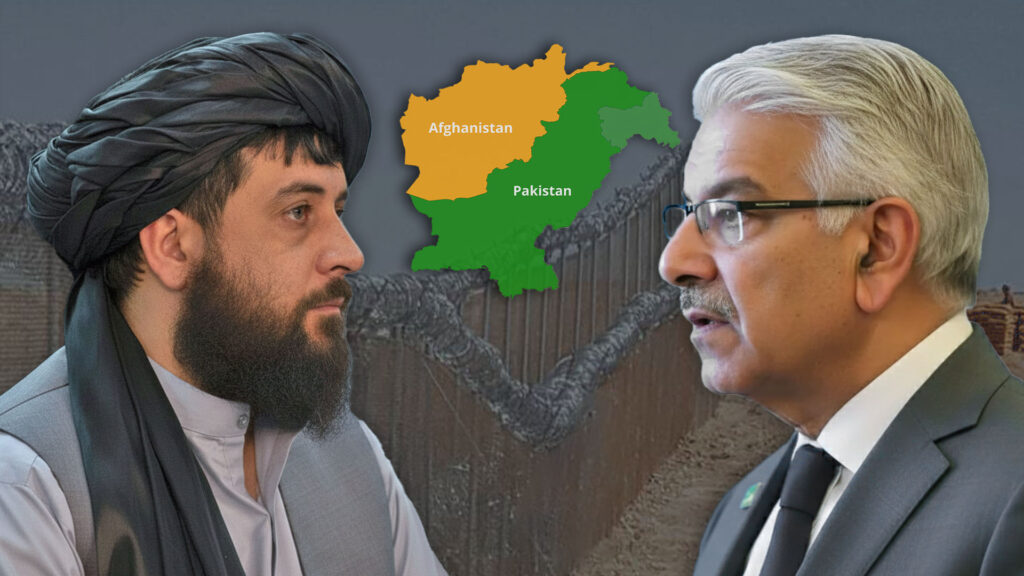Pakistan has always played a supportive role as a neighbouring country, especially regarding Afghan refugees. After the Soviet invasion of Afghanistan in 1979, millions of Afghans migrated to Pakistan. The country welcomed them with open arms, providing not only shelter but also employment opportunities and basic services. Refugees from every part of Afghanistan, from Kandahar to Badakhshan, were given a place on Pakistani soil and treated with empathy and solidarity. This reflects Pakistan’s humanitarian approach and strong ties with its neighbour.
Over the years, Pakistan kept its doors open for Afghan refugees and took steps to integrate them into society. Refugees were provided access to education, healthcare, and employment, from camps to urban areas. The Pakistani public welcomed them into their communities, while the government partnered with international organizations, including UNHCR, to provide support programs.
After the US withdrawal in 2021 and the rise of the Taliban government in Afghanistan, Pakistan decided that Afghan refugees should gradually return to their country. Since 2021, the government has implemented a phased policy to repatriate Afghan families with dignity. Most Afghan refugees had been living in Khyber Pakhtunkhwa and Balochistan.
In Balochistan, large-scale repatriation is ongoing. Recent figures show that 85,000 Afghan refugees returned from the province in recent weeks. Since 2023, around 165,000 refugees have been repatriated under Pakistan’s “Return of Illegal Foreigners” program. Ten refugee camps in Quetta, Pishin, Loralai, Chagai, and Qila Saifullah have been closed. On October 20, 2025, 3,888 undocumented Afghan refugees were apprehended in Quetta and prepared for immediate return. Balochistan had about 241,584 registered PoR card holders, whose cards expired in June 2025. Around 100,000–150,000 unregistered Afghan refugees remain, mainly in Quetta’s surrounding areas.
Repatriation of registered and unregistered refugees has been ongoing since 2023 and accelerated in April 2025. Refugees are returning mainly through the Chaman and Wesh-Chaman border crossings. The UNHCR provides limited assistance of $150 per person. All returns are voluntary and conducted with respect, with security forces conducting verification at border areas. The government is also identifying fake Pakistani ID card holders for legal action.
The return of Afghan refugees has affected property prices in Quetta, as many sold houses and shops at low prices. Balochistan Chief Minister Sarfraz Bugti stated that repatriation is essential for peace, citing reports of Afghan involvement in terrorism. Federal Defence Minister Khawaja Asif emphasized that Pakistan can no longer maintain previous relations with Kabul and urged Afghan residents to return to their homeland.
Quetta Commissioner Jahanzeb Kakr said the repatriation is organized, phased, and voluntary, respecting the refugees’ dignity. Deputy Commissioners in Balochistan agreed that repatriation is necessary for security but must follow human rights, giving special consideration to women, children, and the elderly.

